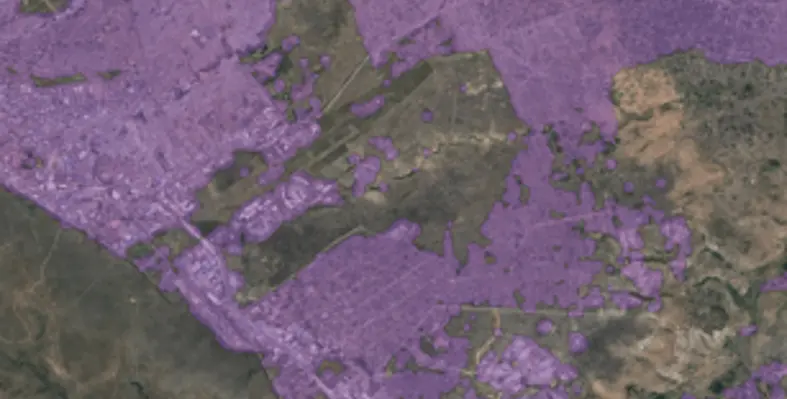The Rockefeller Foundation has announced a US$5.5mn collaboration with e-GUIDE and Atlas AI to accelerate economic development and promote climate resilient infrastructure investment across sub-Saharan Africa (SSA)
Leveraging satellite data and machine learning technologies, the three-year effort will produce insight into the well-being of communities through a digital platform, which builds upon new research and publicly available data sets covering the nexus of agriculture, energy, and transportation sector development conditions.
The platform will initially cover Kenya, Nigeria, Rwanda, and Uganda and will provide policymakers with cross-sectoral insight into where new infrastructure development can help mitigate community vulnerabilities and promote economic opportunities, ultimately assisting efforts to prioritise and sequence investments more effectively in these key sectors.
“While data science has been used to improve individual development projects, we haven’t yet unlocked its potential to improve development at a systems level – which is critical, because efforts to drive change in energy, agriculture, and transportation must be integrated in order to make opportunity universal and sustainable,” said Zia Khan, senior vice president of innovation at The Rockefeller Foundation. “We are excited about the potential of this collaboration to give policymakers, investors, and operators more dynamic situational awareness of local conditions and help them improve those conditions for the people they serve.”
e-GUIDE, which has successfully harnessed AI to predict electricity consumption in Africa and measure productive use of energy in Africa’s agriculture sector, is joined in the effort by Atlas AI, a public benefit technology startup based in Silicon Valley. Atlas AI uses data from a range of planetary sensors along with deep learning AI technologies to monitor changes to global economic and societal wellbeing. Atlas AI has extensive experience building hyperlocal socioeconomic datasets, predictive analytics models, and software platforms to guide complex policy and investment decisions.
“For more than a decade, the scientific community has been demonstrating the use of data from new sensors like satellites along with AI technologies to measure specific development indicators such as the performance of staple crops, the wealth accumulation of households, and the pace of electrification,” commented Abe Tarapani, CEO of Atlas AI. “Real-world investment decisions don’t fit as neatly into one of those buckets, and we are thrilled to be part of this pioneering consortium to unlock a more dynamic and practical understanding of how constrained resources can best promote livelihood improvements in local communities.”
e-GUIDE and Atlas AI have also partnered with the Kigali Collaborative Research Centre (KCRC) in Rwanda to leverage KCRC’s research and innovation leadership in energy systems, data science, artificial intelligence, transportation, and climate change across Africa.












